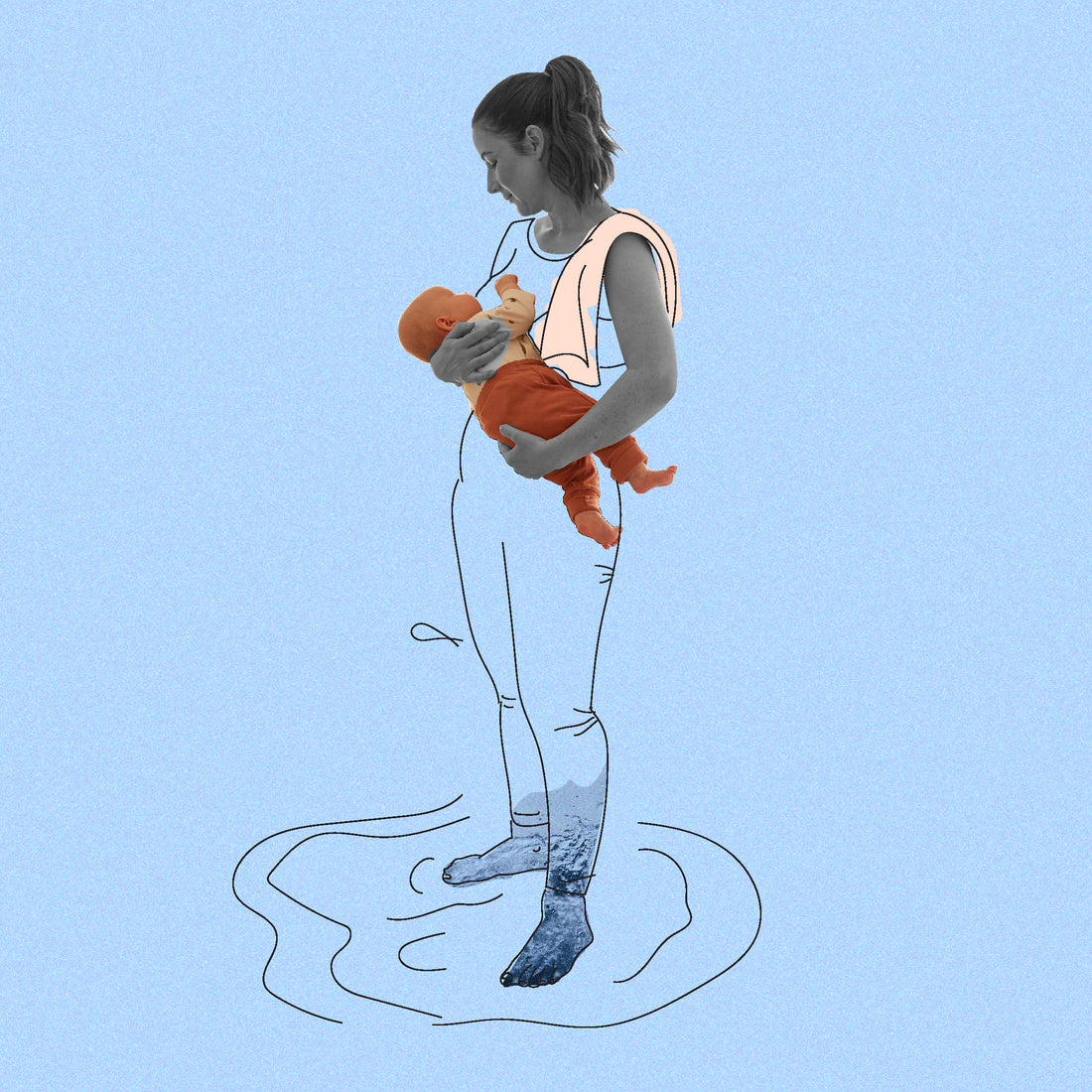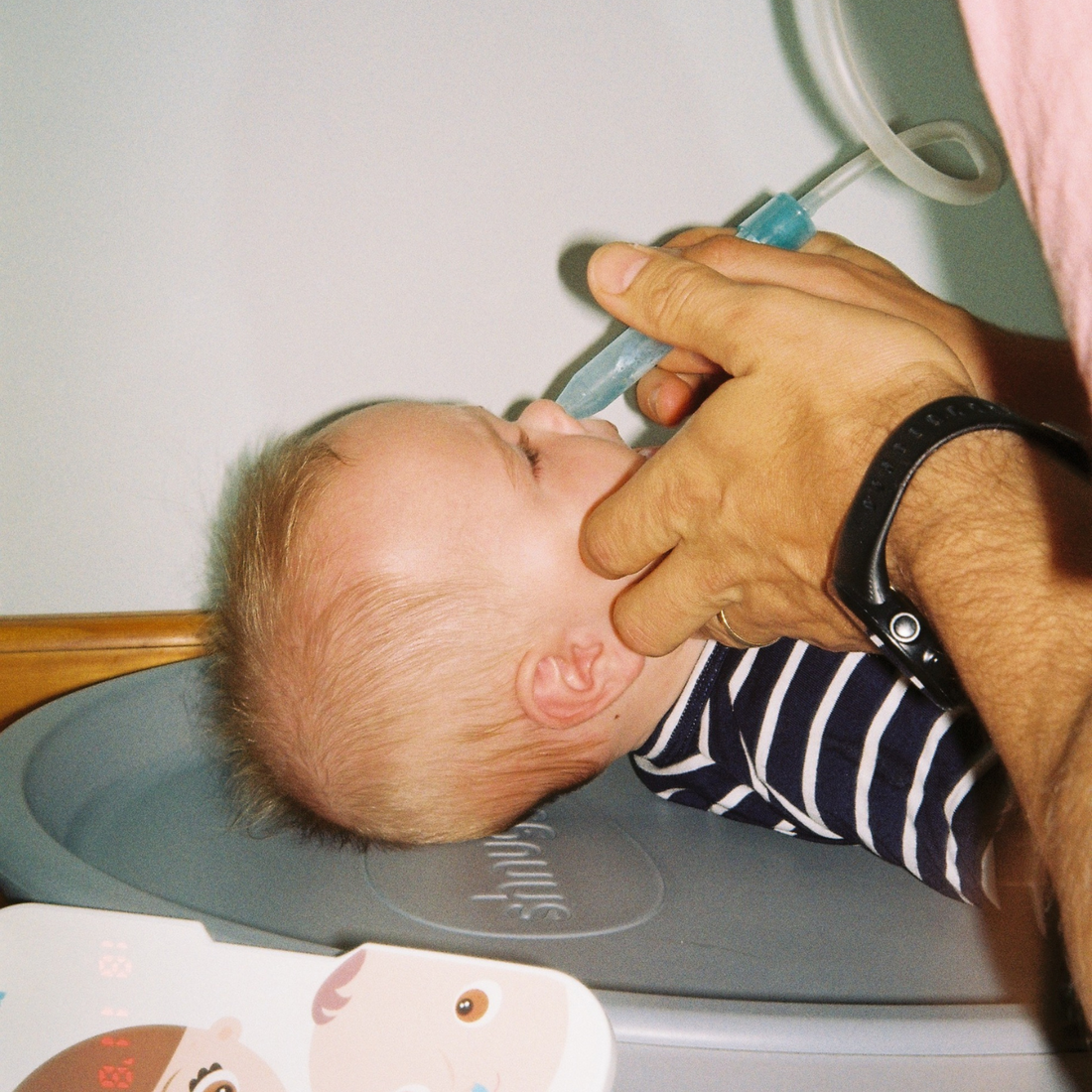You're running on broken sleep, someone’s asking you for snacks every 45 seconds, and you’ve had to reheat your coffee three times before 9am… Parenting, in all its messy, beautiful chaos, can feel like it’s ageing you by the minute. But new research suggests it might actually be doing the opposite?
A new study from Rutgers Health and Yale University published in the Proceedings of the National Academy of Sciences (PNAS) found that parents (both mums and dads) may experience slower brain ageing over time compared to non-parents. Even more fascinating? The research showed that the more children parents have, the stronger this effect appears to be. So despite the daily mental and emotional demands of raising children could have long-term benefits for brain health.
To study analysed brain scans and family data from nearly 37,000 adults in the UK Biobank, a large-scale biomedical database, examining how different regions of the brain communicate with each other, particularly in areas related to movement, sensation, and social connection. The findings demonstrated that parents exhibited brain connectivity patterns that directly opposed typical age-related declines. The researchers then dug into the “whys” of this phenomenon.
Brain boot camp (aka your daily life)
Parenting is nothing if not mentally demanding. From remembering nap schedules to negotiating with toddlers over which shoes are “too itchy,” your brain is constantly switching gears. It turns out, that kind of mental workout might be good for you. Studies show that the cognitive demands of caregiving can build new neural connections and support long-term brain plasticity. In other words, the daily juggle might actually be building mental muscle.
It’s not just about remembering who likes the blue cup. It’s about emotional regulation, rapid problem-solving, and constantly learning new things—whether it’s installing a car seat or understanding what a sleep regression really is.
Emotions as superpower
One of the big shifts when you become a parent is how deeply you start to tune into someone else's needs. Researchers believe that the emotional attunement required to care for babies and children — reading cues, responding to feelings, staying calm(ish) during meltdowns — can help develop areas of the brain related to empathy, emotional intelligence and resilience.
If you’ve ever calmly explained why we don’t throw Duplo while mentally planning dinner, congratulations: your brain is thriving.
They keep you moving
You might not be getting your gym sessions in, but you are chasing toddlers, rocking babies, carrying kids, bending, lifting, and playing and this built-in physical activity may help preserve brain networks involved in motor function and coordination, which typically weaken with age.
They keep you busy
No one has a busier calendar than a parent, and this increased (and constant) social engagement with family, other parents, teachers, and caregivers, leads to better cognitive health and a lower risk of dementia.
And the more kids, more brain benefits?
The study found that the more children parents had, the stronger the brain connectivity effects appeared. In other words, the cognitive benefits of parenthood seem to build over time, reinforcing key brain networks with each child. More research is needed to understand the full scope of this effect, but these findings suggest that parenting more children adds weight to the cognitive workout keeping your brain acting younger for longer.
Knowing your brain will act more agile and quick in your old age because of your nightly sleep suits and room temperature analysis isn’t going to make you feel any less tired today, but it does somewhat negate the idea that parenting isn’t using your brain. Turns out it’s using your brain so much that it’s making it stronger, better and faster for longer.






















